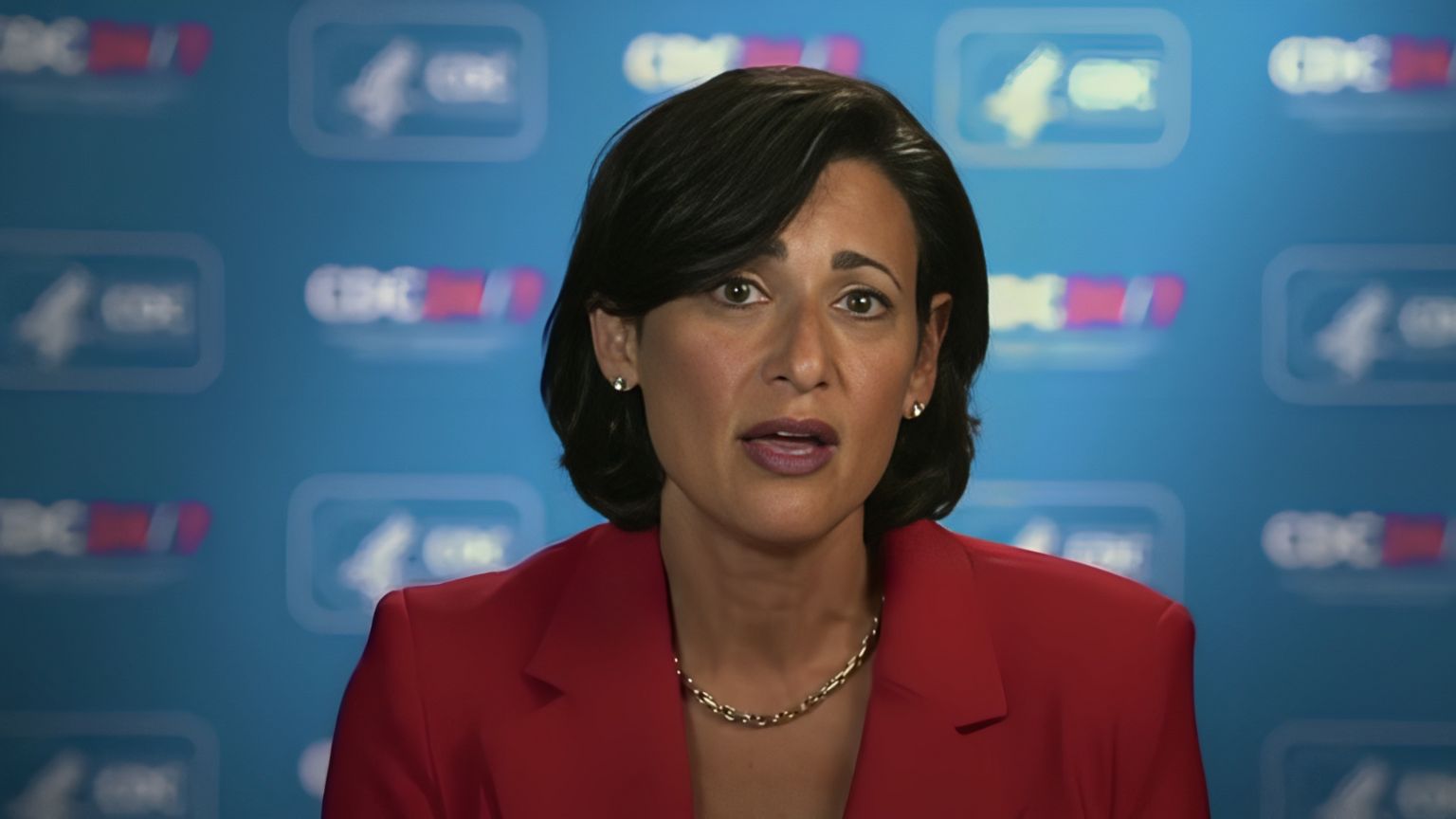As the CDC’s Director, Dr. Rochelle Walensky, concludes her controversial tenure, her revelations about the agency’s decision to work hand in glove with the media to shape public opinion raise alarming questions about government overreach and the erosion of free speech.
In an interview with The Wall Street Journal, Dr. Walensky did not mince words about her agency’s attempts to shape the narrative concerning public health information through a process she terms “prebunking.” This involved pre-emptive communication with media outlets to nudge them in a particular direction regarding health reports, ostensibly to curb misinformation.
But herein lies the crux of the issue – who decides what constitutes misinformation?
A closer look at the CDC’s performance during the Covid-19 pandemic under Dr. Walensky’s stewardship reveals a troubling history of mixed messaging and reports that seemed influenced by political machinations. The disturbing realization that the CDC’s agenda was muddled by politics understandably eroded public trust. Dr. Walensky herself admitted to the agency’s communication gaffes. However, the revelation that the CDC sought to shape the narrative by working with media outlets has been seen as deeply troubling from a free speech perspective.
Free speech is one of the cornerstones of a free society. Yet, the notion of a government agency engaging in “prebunking” is eerily reminiscent of information policing. This collusion with media outlets further blurs the line between independent journalism and government propaganda.
The stark political partisanship that enveloped Walensky’s term was highlighted by a KFF study that revealed political affiliation as a significant predictor of Covid-19 vaccination. She pointed out that public health shouldn’t be politicized. Yet, it is worrisome that the agency, under her watch, arguably engaged in its own form of information politicking.
Furthermore, the CDC’s evolution under Dr. Walensky is alarming. Brian Castrucci, CEO of the de Beaumont Foundation, rightly pointed out that the CDC was once a somewhat obscure agency focused on advising health officials and conducting scientific studies. Now, it has metamorphosed into an institution with considerable public interface, all while struggling with its new-found role.
Transparency and unbiased information are essential for individuals to make informed decisions. Dr. Walensky urged Americans to fact-check information and consult trusted sources. The irony is stark – as she speaks of trust, her agency engaged in behind-the-scenes “prebunking” with media and suggests that the agency has a plan to continue it.
During her tenure at the CDC, Walensky was investigated over the CDC’s censorship demands placed on social media platforms.
The departure of Dr. Walensky offers a chance for reflection and recalibration. It is imperative for her successor, Dr. Mandy Cohen, to address the fundamental issues of trust and transparency. The CDC must extricate itself from the business of information management and focus on being a credible, non-partisan source of public health information.
Citizens should remain vigilant and skeptical of any government attempts to police information. Dr. Walensky’s parting words, and lack of introspection, serve as a chilling reminder of the fragility of free speech and the constant need to protect it from those who wield power.










